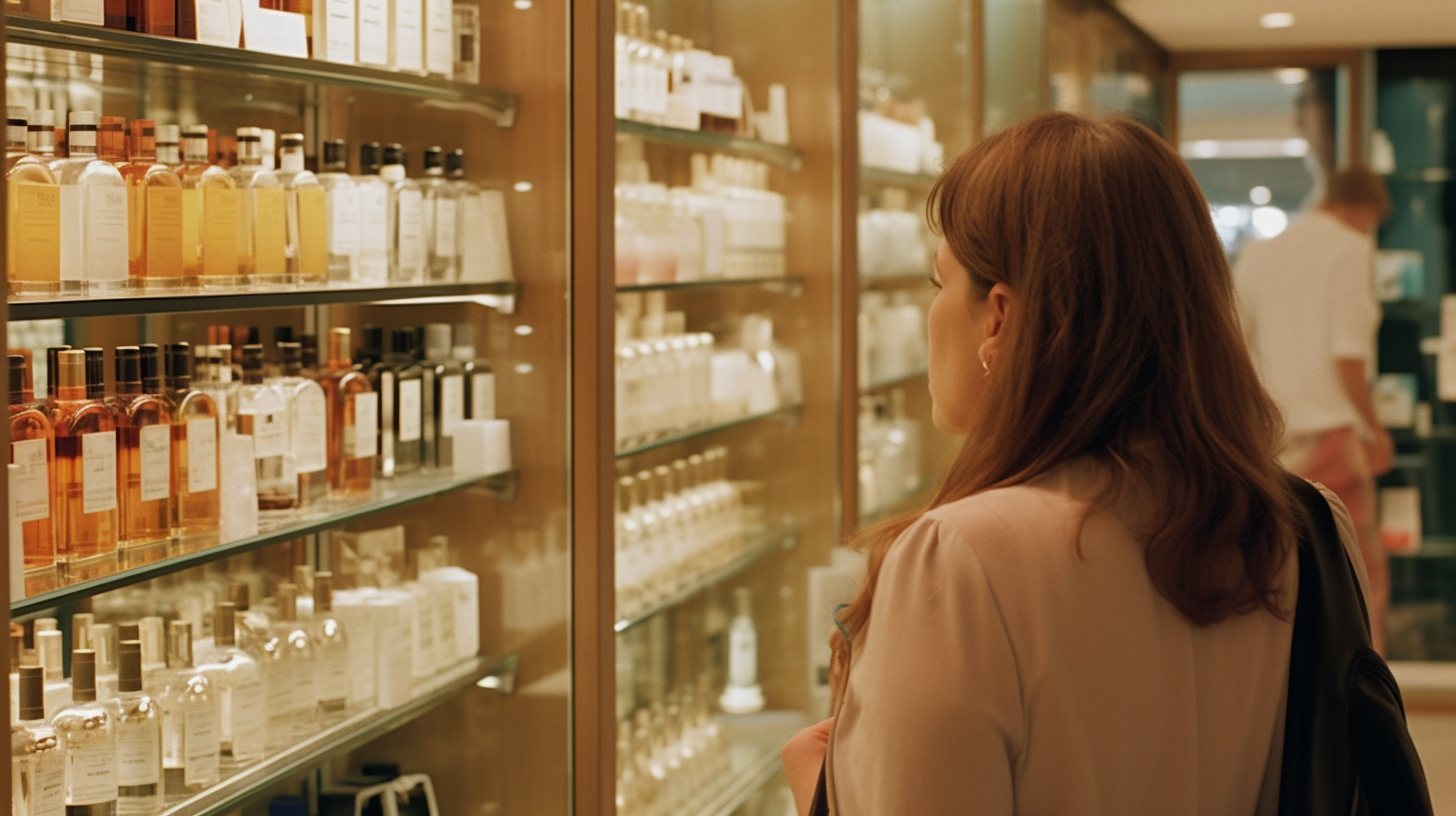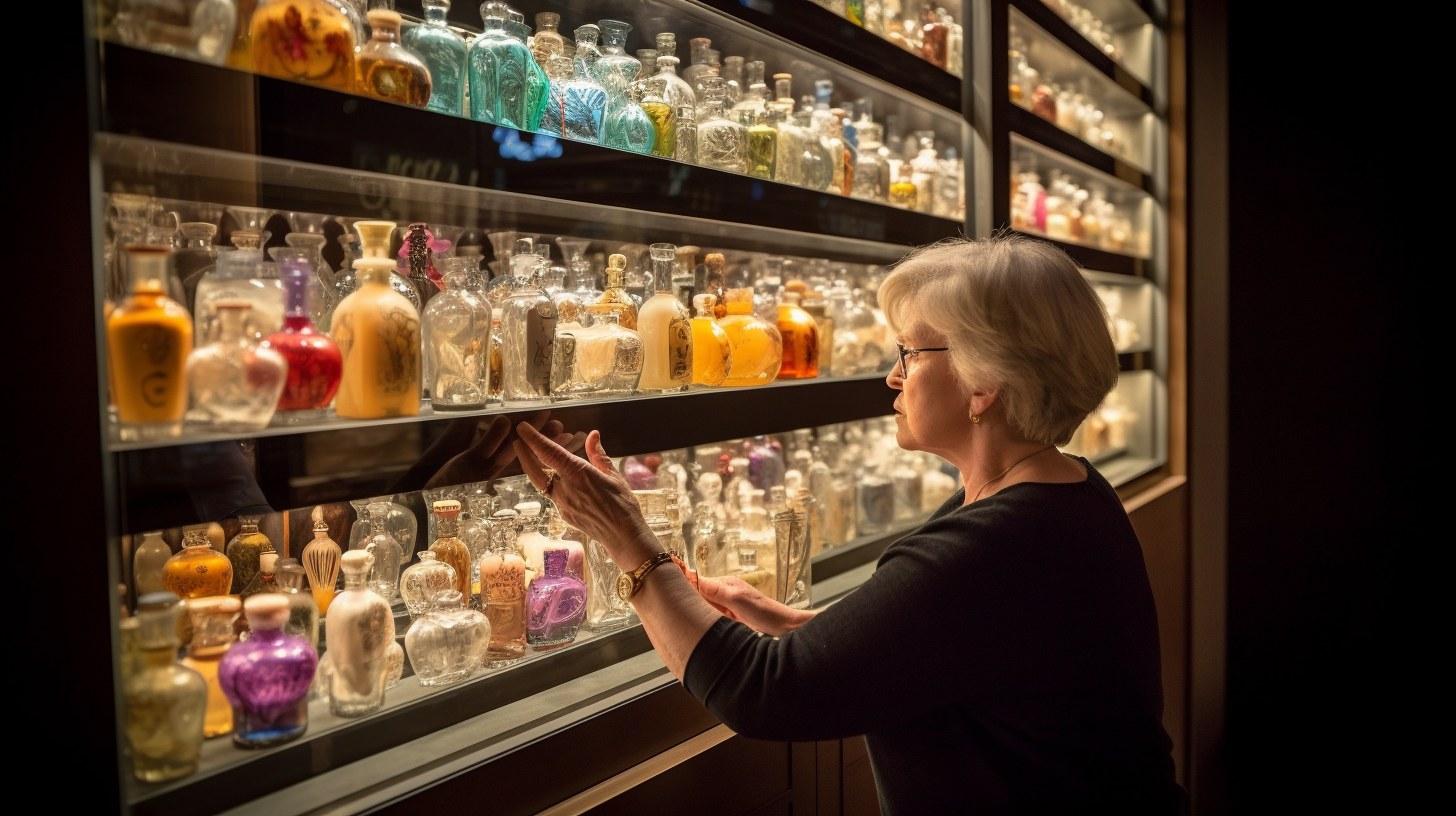Discovering the Heritage of Perfumes: Unearthing the Oldest Country with a Rich Fragrant History
Perfumes have been a part of human civilization for thousands of years, with their origins dating back to ancient times. The history of perfumes spans across different cultures and continents, with each country contributing to the evolution and development of fragrances. However, one question that has intrigued many perfume enthusiasts over the years is – what country has the oldest history of perfumes?
While there are several countries that have played a significant role in the history of perfumes, one country stands out as having the oldest and richest heritage – Egypt. In this blog post, we’ll explore the fascinating world of perfume antiquity in Egypt and how it has influenced modern-day perfumery.
The Origins of Perfumes in Ancient Egypt
Ancient Egyptians were known for their love of fragrances and scents. They believed that pleasant smells were a sign of holiness and purity and used them in religious rituals and daily life. The earliest evidence of perfumes in Egypt dates back to 4000 BC during the pre-dynastic period.
The Egyptians used natural ingredients like flowers, herbs, spices, and resins to create aromatic oils and ointments. These perfumes were used for various purposes like religious offerings, personal adornment, medicinal purposes, and embalming. Perfumes were also used to mask unpleasant odors and protect against insects.
The art of perfume-making was refined during the New Kingdom period (1570-1070 BC) when Egypt became a dominant power in trade and commerce. Perfume-making became an important industry, with skilled artisans creating unique fragrances that were highly prized by royalty and commoners alike.
The Significance of Perfumes in Ancient Egyptian Culture
Perfumes played an essential role in ancient Egyptian culture. They were seen as a symbol of luxury, beauty, and power and were used by both men and women. Perfumes were also associated with the gods and were used in religious ceremonies.
One of the most famous perfumes in ancient Egypt was Kyphi, a complex blend of 16 ingredients that included myrrh, cinnamon, juniper, and honey. Kyphi was believed to have therapeutic properties and was used to treat various ailments like headaches, insomnia, and digestive problems.
Perfumes were also an essential part of the embalming process. The ancient Egyptians believed that the soul could return to the body if it recognized its scent. Therefore, they used perfumes to preserve the bodies of the deceased and mask the odor of decomposition.
The Evolution of Perfumery in Egypt
The art of perfume-making continued to evolve during the Greco-Roman period when Egypt came under Greek and Roman rule. The Greeks brought new fragrances like myrtle, laurel, and rosemary to Egypt, while the Romans introduced new techniques like distillation.
The Arab conquest of Egypt in the 7th century AD also had a significant impact on perfume-making. The Arabs brought new ingredients like jasmine and rose to Egypt and introduced new techniques like enfleurage (a process that involves extracting fragrant oils from flowers).
During the Islamic Golden Age (8th-13th centuries AD), perfume-making became an important industry in Egypt. Cairo became a center for perfume production, with skilled artisans creating unique fragrances that were exported throughout the Islamic world.
The Influence of Ancient Egyptian Perfumery on Modern-day Fragrances
Ancient Egyptian perfumery has had a profound influence on modern-day fragrances. Many contemporary perfumes use ingredients like myrrh, frankincense, and lotus that were popular in ancient Egypt. The use of natural ingredients like flowers, herbs, and spices is also a hallmark of ancient Egyptian perfumery.
The art of distillation, which was introduced by the Romans, is still used today to extract fragrant oils from plants. The use of different techniques like enfleurage and maceration (a process that involves soaking flowers in oil to extract their fragrance) can also be traced back to ancient Egyptian perfumery.
Finally, the importance of packaging and presentation in modern-day perfumes can be attributed to ancient Egyptian culture. The Egyptians used ornate containers and beautiful packaging to store their perfumes, a tradition that continues today.
Conclusion
The history of perfumes is a fascinating journey through time that spans across different cultures and civilizations. Ancient Egypt stands out as having the oldest and richest heritage when it comes to perfume-making. The Egyptians’ love of fragrances has influenced modern-day perfumery in countless ways, from the use of natural ingredients to the art of distillation.
Today, perfume-making continues to be an important industry in Egypt, with skilled artisans creating unique fragrances that pay homage to the country’s rich heritage. For anyone interested in the origins of perfumes and their cultural significance throughout history, exploring Egypt’s fragrant past is a must.




